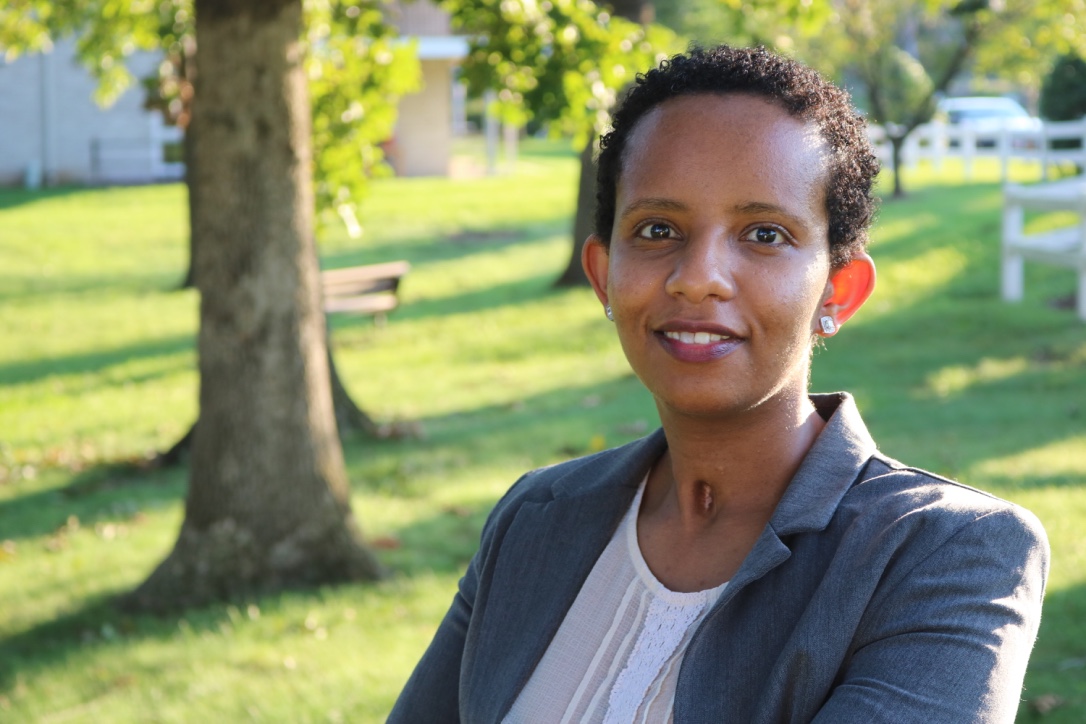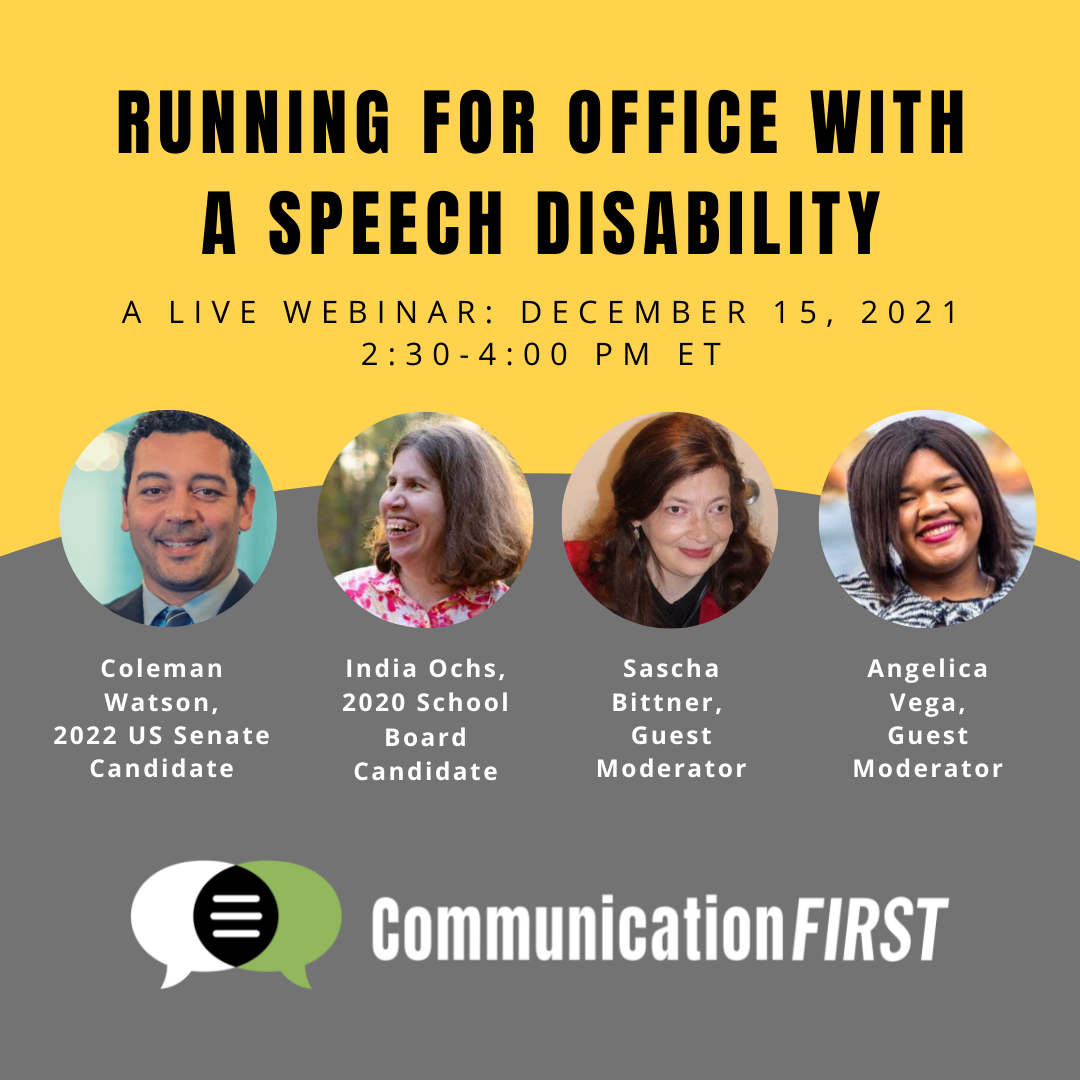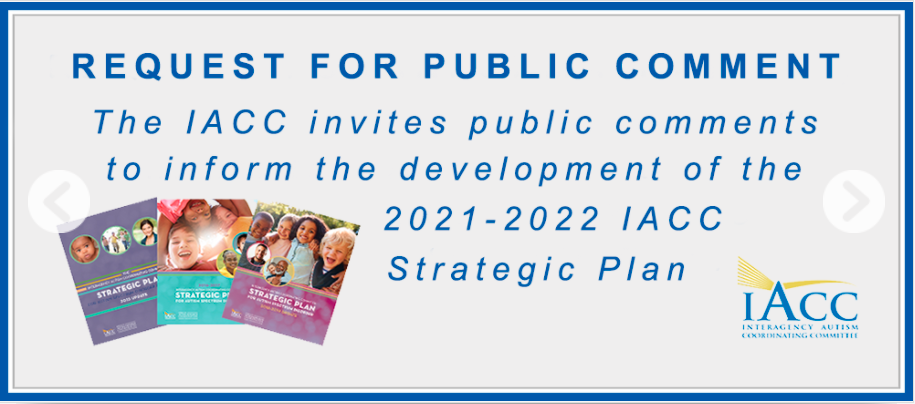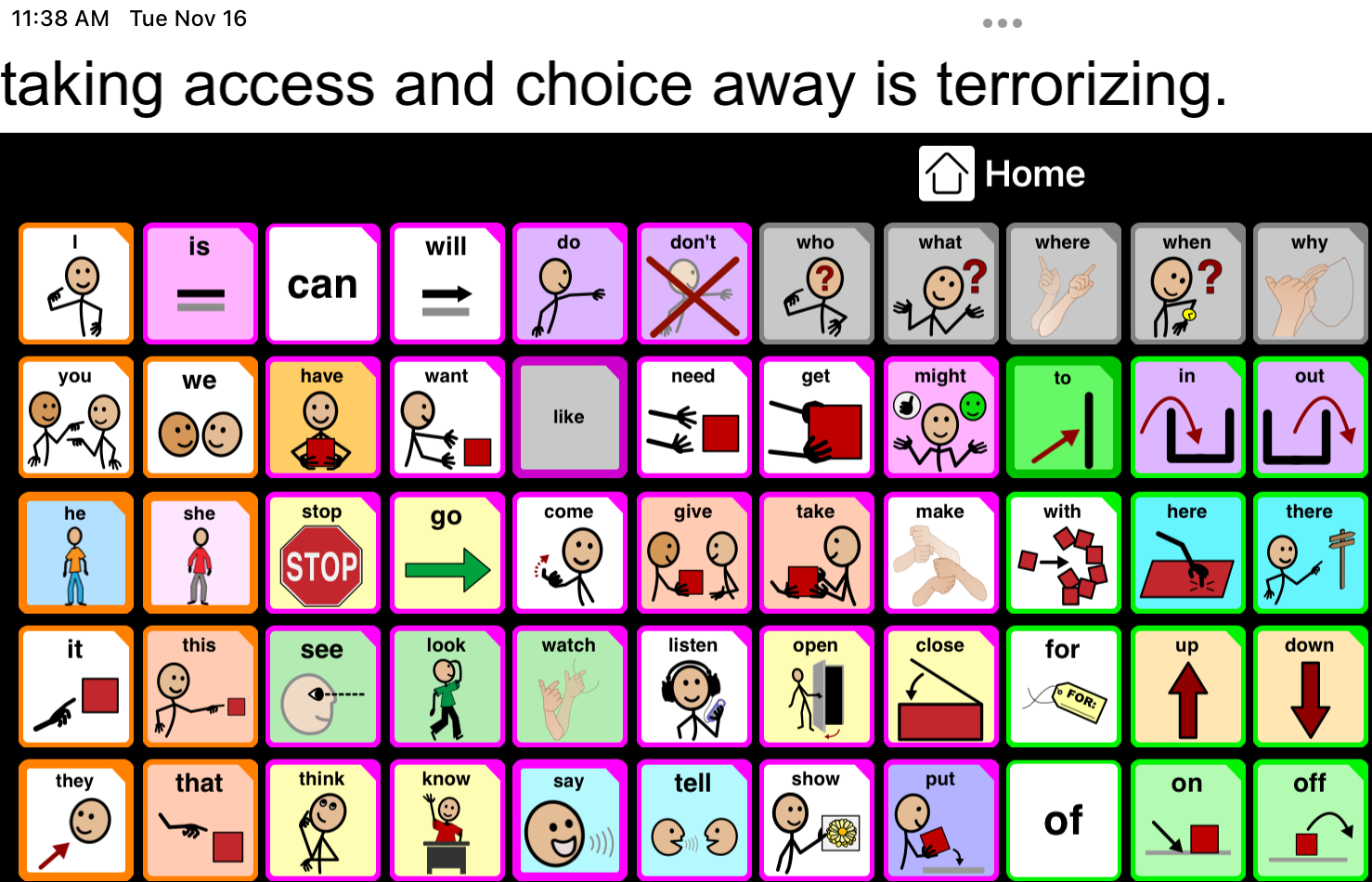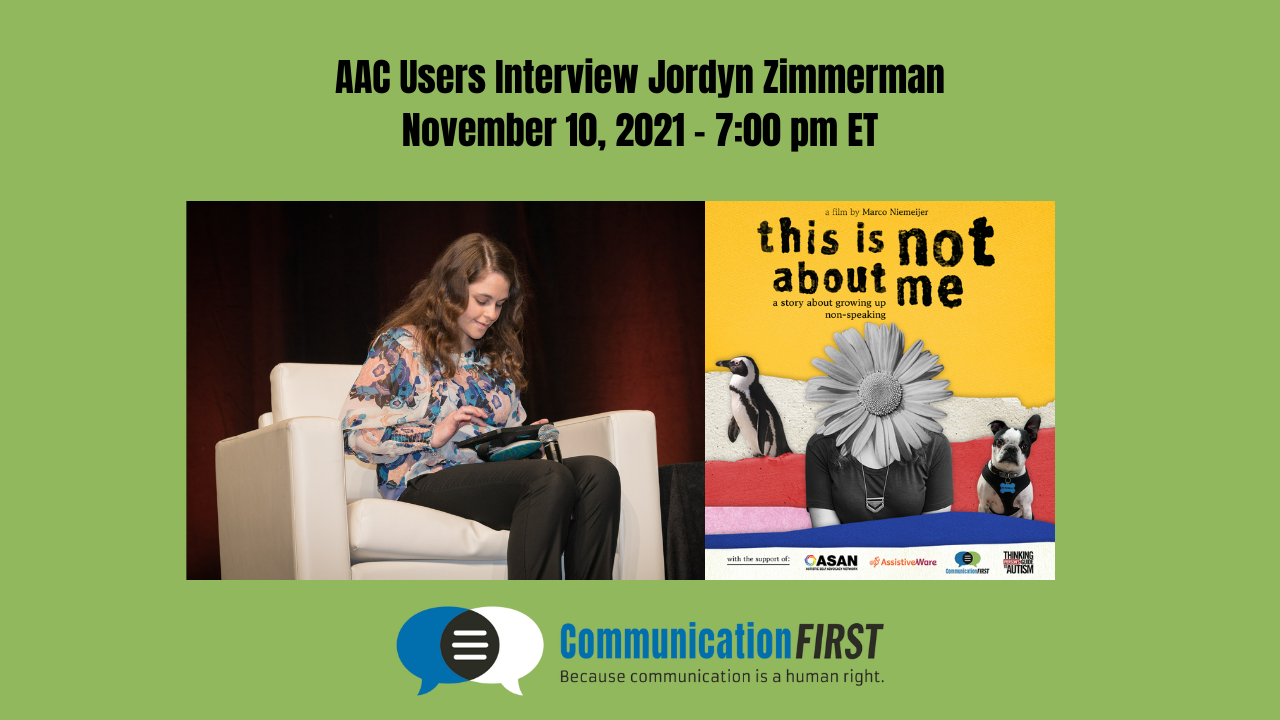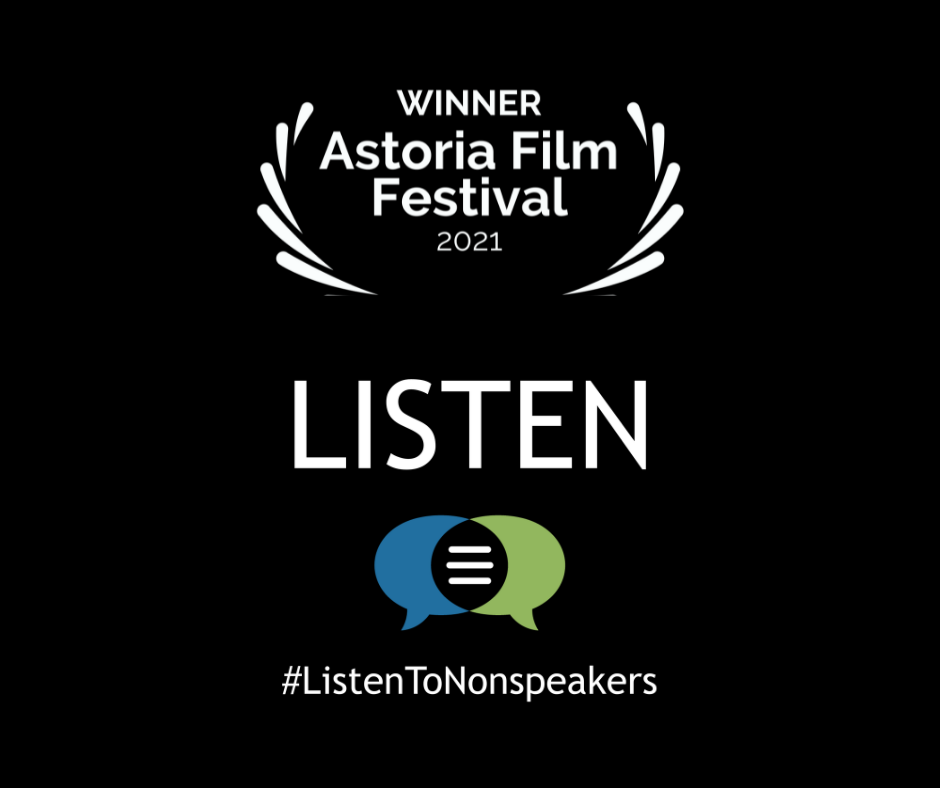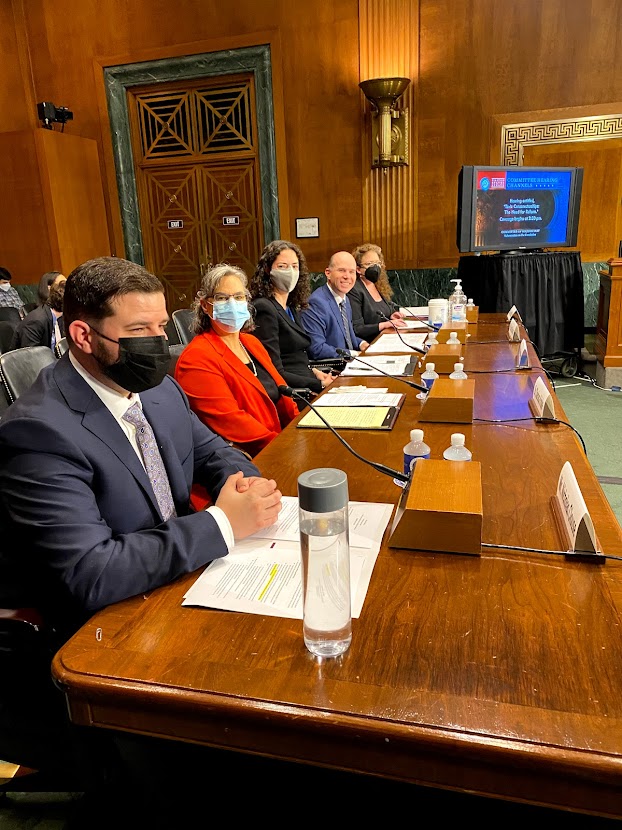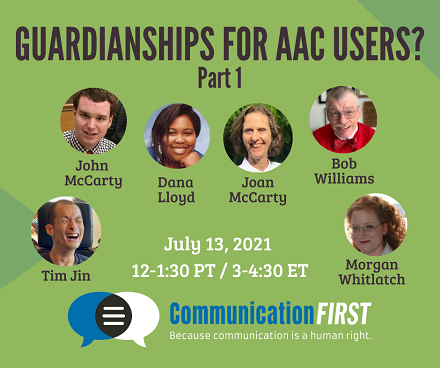High school picture of Bob Williams in 1977. On February 22, 2022, CommunicationFIRST was invited to provide comments at a…
Guest Blog by Laka Mitiku Negassa As a Black, immigrant woman with an acquired disability, I celebrate monumental events such…
Have you ever thought about running for political office? Here’s your chance to hear from four people with speech-related disabilities…
We are pleased to announce that CommunicationFIRST, the Autistic Self Advocacy Network (ASAN), the Council of Parent Attorneys and Advocates…
Pancho Ramirez is CommunicationFIRST’s newest Board member. As a Mexican immigrant farmworker, he acquired his speech disability in 2003 at…
The U.S. Government’s Interagency Autism Coordinating Committee (IACC) helps determine how federal government money related to autism is spent. Although…
by endever* corbin This guest blog is adapted from a presentation given at the August 2021 Reinventing Quality conference. I’m…
On November 5, 2021, CommunicationFIRST’s Policy Director, Bob Williams, submitted written testimony to urge the DC Council (Washington, DC’s legislative…
On November 10, 2021, CommunicationFIRST hosted an opportunity for AAC users to interview Jordyn Zimmerman about the new documentary This…
We are thrilled and humbled to share that our film LISTEN: Made by and with Nonspeaking Autistics won the Zukor…
On October 13, 2021, CommunicationFIRST is excited to join with the Autistic Self Advocacy Network, Thinking Person’s Guide to Autism,…
Clarissa Kripke with Senate Judiciary Constitution Subcommittee Chair Senator Richard Blumenthal. Photo credit: Tauna Szymanski On September 28, 2021, three…
Last month, CommunicationFIRST responded to the White House Office of Management and Budget’s (OMB) Request for Information about how to…
CommunicationFIRST is pleased to announce it has joined other civil and disability rights groups in filing a brief led by…
Guardianships and conservatorships are legal tools that are frequently used in the name of protecting people who rely on augmentative…


